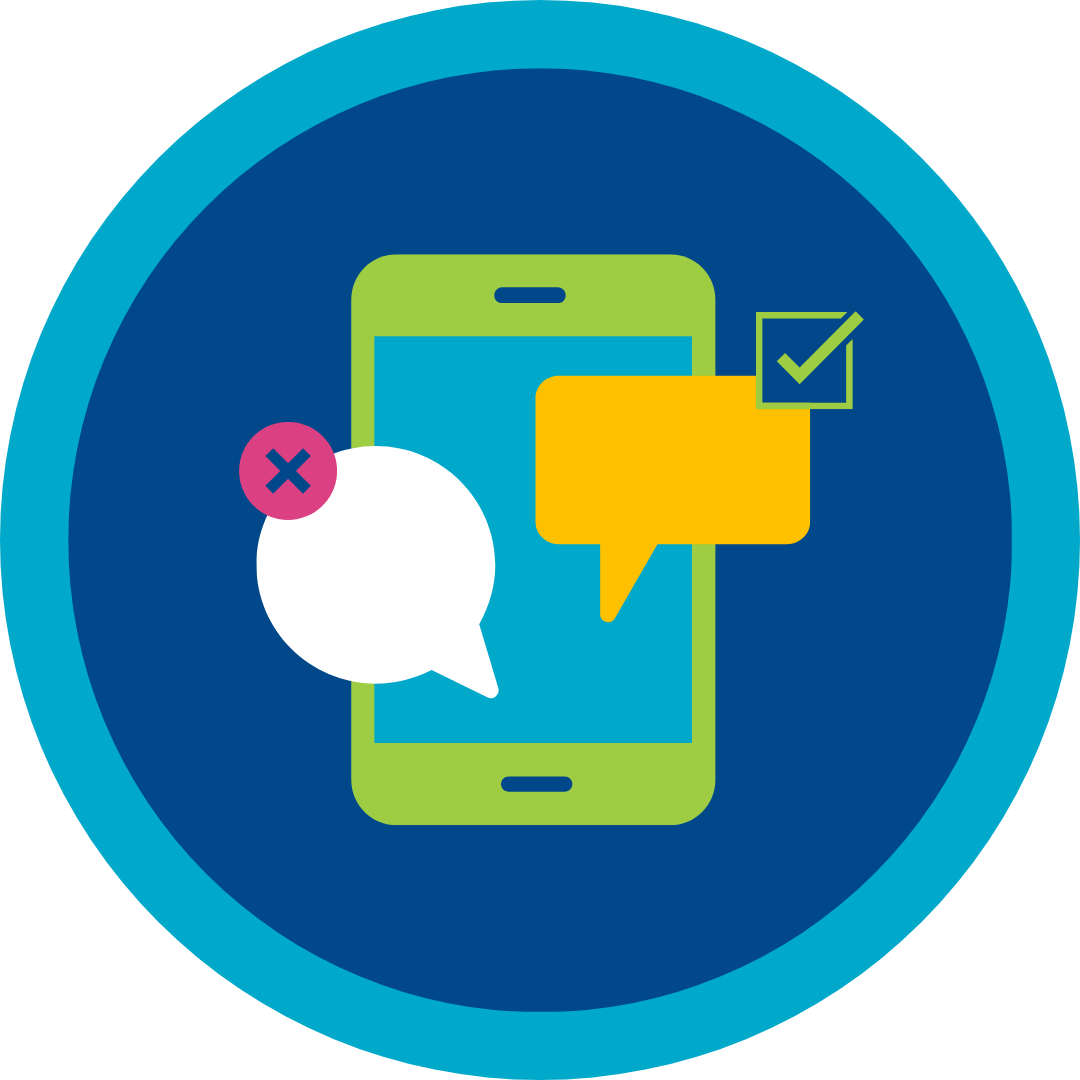The Claim:
An RFK Jr. tweet claims that none of the vaccines given to children in the U.S. were tested in a “long-term placebo-controlled” trial.
The Facts:
The tweet claims that most childhood vaccine trials use other vaccines as controls, which are immunologically active and not inert placebos. In reality, saline-placebo-controlled trials are conducted for many vaccines to assess both safety and efficacy:
- Rubella vaccine
- Pneumococcal vaccine
- Hib vaccines
- HPV vaccine
- The Salk Polio vaccine
- Measles vaccine
- Tdap vaccine
- COVID vaccine
It is true that sometimes a new vaccine is tested against an existing vaccine, or a placebo may contain an adjuvant, buffers, or stabilizers with a known safety record.
The World Health Organization guides the ethical use of placebos in vaccine trials in certain situations. It is acceptable when no effective vaccine is available and the new vaccine is intended to benefit the population being studied.
However, using placebos is considered unacceptable when there is already an effective and safe vaccine accessible in the public health system of the country where the trial is planned. In such cases, it would be unethical to withhold the existing vaccine from participants if not receiving it would pose a significant risk to their health.
The tweet cites examples like Prevnar-13 and Gardasil, suggesting that their safety profiles were not adequately assessed because the control groups received other vaccines or adjuvants. Prevnar-13 was licensed based on a trial comparing it to Prevnar-7, which was already effective in preventing certain diseases caused by pneumococci.
It would have been unethical to use a saline placebo for Prevnar-13 when a vaccine was already available that provided significant protection against severe bacterial infection. Purposely leaving children at risk, without their knowledge, when an approved vaccine with a known safety record was available would have meant purposely allowing children to get sick and worse.
Furthermore, the CDC’s definition of placebo is consistent with the accepted scientific understanding of placebos in vaccine trials. Inert placebos, such as saline solution, are commonly used, but in some cases, an active control, such as another vaccine, may be used to protect the health of participants.
It may be difficult to convince an ardently anti-vaccine person of the value of non-saline placebos because they enter the conversation already believing that vaccines writ large are dangerous.


